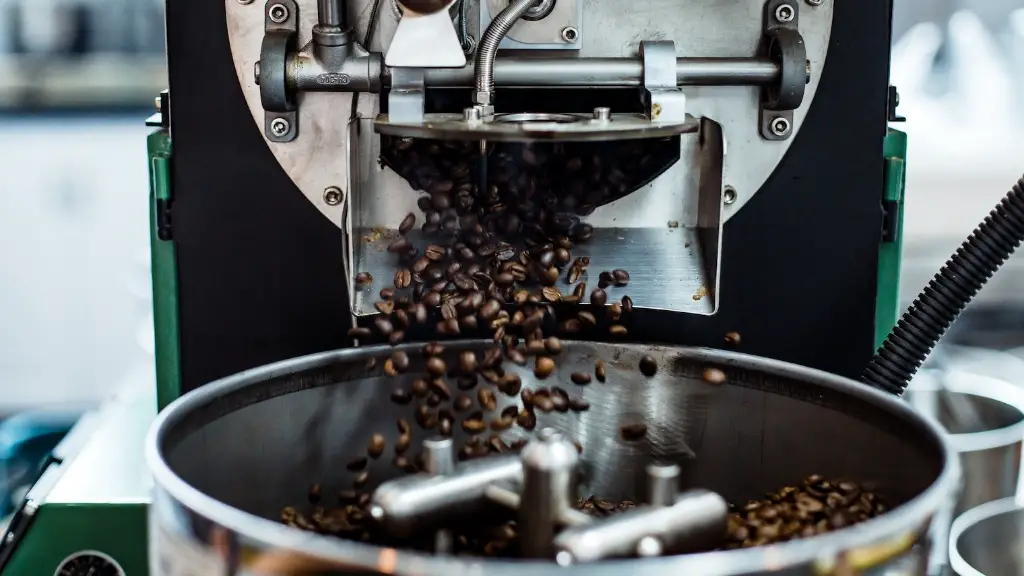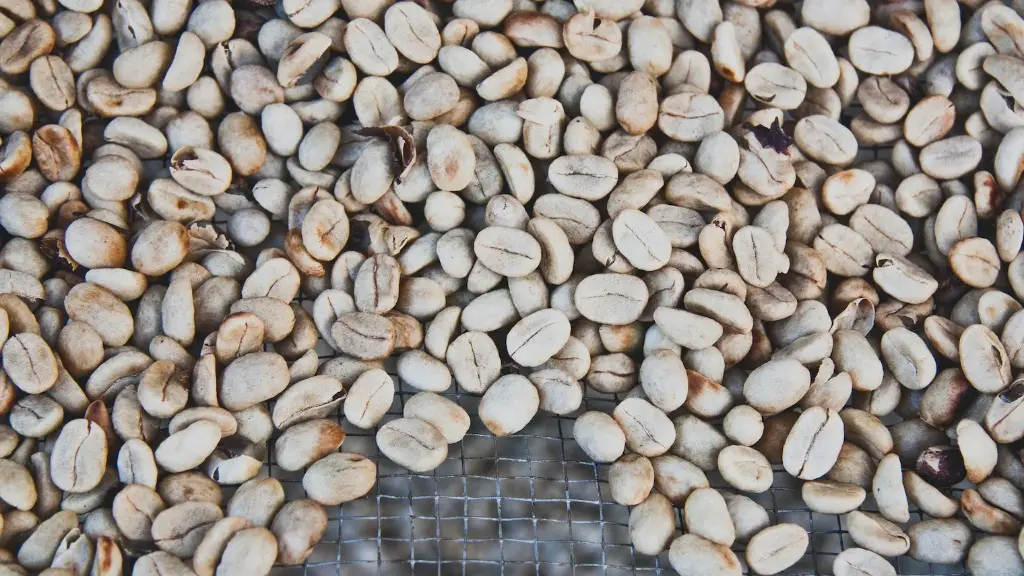Coffee, it’s a part of our lives and more and more, we’re learning that it really matters: just as everyone should have fair wages and access to life’s basics, so too should coffee farmers receive a proper price for their beans.
Starbucks has set out to make sure their coffee is ethically-sourced and that farmers – across the growing regions of Latin America, Africa, and Asia – receive a fair price for the coffee that reaches your mug. But have they succeeded?
There is evidence that Starbucks chooses to purchase from suppliers and farmers who have established fair trade agreements, but it’s not everywhere. Starbucks’ CEO, Kevin Johnson, has also made it clear that Starbucks does not view fair trade certification as essential for every region. Johnson’s position is that “all farmers should be treated with respect and paid fairly”. Whether that is happening is another matter.
Many argue that Starbucks is one of the largest companies in the world and that it could and should do more to truly ensure fair trade-sourced coffee in all areas. In some regions, Starbucks has taken measures to ensure that farmers are treated fairly and are given the much-needed support they need to produce quality beans – measures that may not come under the umbrella of fair trade certification.
Is Fair Trade Certification Enough?
That said, some experts argue that fair trade certification is only a first step in ensuring that farmers are properly paid for their produce and that Starbucks should be held accountable in holding producers to a higher standard. For example, having fair trade certification does not guarantee a fair wage, sustainable practices and working conditions, or even a meaningful relationship between the producer and the purchaser.
To further improve the standards in the coffee industry, and properly ensure that farmers are being paid properly, critics have called for an increase in transparency and accountability from companies, not just Starbucks. Transparency is key, and businesses must demonstrate an in-depth knowledge of their supply and production chain as well as a commitment to social and environmental responsibility.
Why Is Fair Trade Coffee Important?
Coffee is one of the world’s most-consumed beverages, and it’s also one of the most important agricultural commodities, with the global market worth an estimated $18 billion annually. Small-scale farmers typically produce the majority of global coffee; however, since coffee beans are highly susceptible to changes in climate – and since these farmers are often operating without any real support – they tend to be more vulnerable to market fluctuations and diminishing profits.
Fairly-sourced coffee is important because when farmers get a fair price for their beans, they can invest in their harvests, production techniques and quality, which in turn leads to even better coffee – and improved working conditions for small-scale producers.
What Is Starbucks’ Commitment to Fair Trade Coffee?
Starbucks has taken various steps to ensure that its coffee is ethically sourced. To that end, in 2017 it launched the “Coffee and Farmer Equity (C.A.F.E) Practices”, a program aiming to help farmers produce the highest-quality coffee, while ensuring that they receive the appropriate price for their work.
Starbucks also set additional agricultural standards, provides resources and support to producers, and launched the Farmer Support Centers program. Through this initiative, Starbucks provides its coffee farmers with resources to increase their productivity, establish better business practices and understand the global coffee market.
Are There Alternatives to Fairly-Sourced Coffee?
Yes. Since 2008, the Specialty Coffee Association of America (SCAA) has been offering education, training and certification to growers, roasters and retailers on its Ethical Coffee Sourcing program. The program covers sustainability, environmental stewardship, and ethical supply chain management.
Through its Ethical Coffee Sourcing program, the SCAA aims to further improve coffee growing practices – both in terms of quality and social responsibility. The program provides farmers with comprehensive guidance on sustainable and ethical coffee production, and encourages businesses to consider the environmental, social and economic impacts of their practices.
How Can We Help Promote Fairly-Traded Coffee?
By supporting companies that promote and practice ethical sourcing, we can help ensure that farmers are paid fairly. We can also make sure that our consumer habits reflect our values, and that we are buying only sustainably-sourced coffee beans.
At home, we can also invest in reusable coffee cups and opt for local, organic and small-scale producers. When we buy from these producers, we ensure that their hard work and dedication to the craft is recognized and valued.
What Policies Are Needed To Ensure Fairly-Sourced Coffee?
No matter how good the intentions of companies and individuals, only government policies can truly guarantee the protection of farmers and their harvests by creating a fair market and reducing inequality. Policies around information, transparency and guidelines on independent inspections should be taken into account, and governments should create more policies to protect small-scale farmers and hold large-scale producers accountable.
Ultimately, governments should also strive to create an infrastructure in which the coffee resource is protected and small-scale farmers are able to get the highest possible value for their beans. This requires a holistic approach to the problem, one that takes into account the social, economic and ecological challenges facing the coffee industry.
Conclusion
Fairly-sourced coffee is an important issue. We all have to do our part to ensure that all coffee production practices are ethical and sustainable. Companies like Starbucks have made progress, but there is still a lot to be done to ensure that farmers get a fair price for their beans. The key here is transparency and accountability from companies, governments, and consumers. Through ethical sourcing and responsible consumption, we can help ensure that all farmers receive the respect and compensation they deserve.




